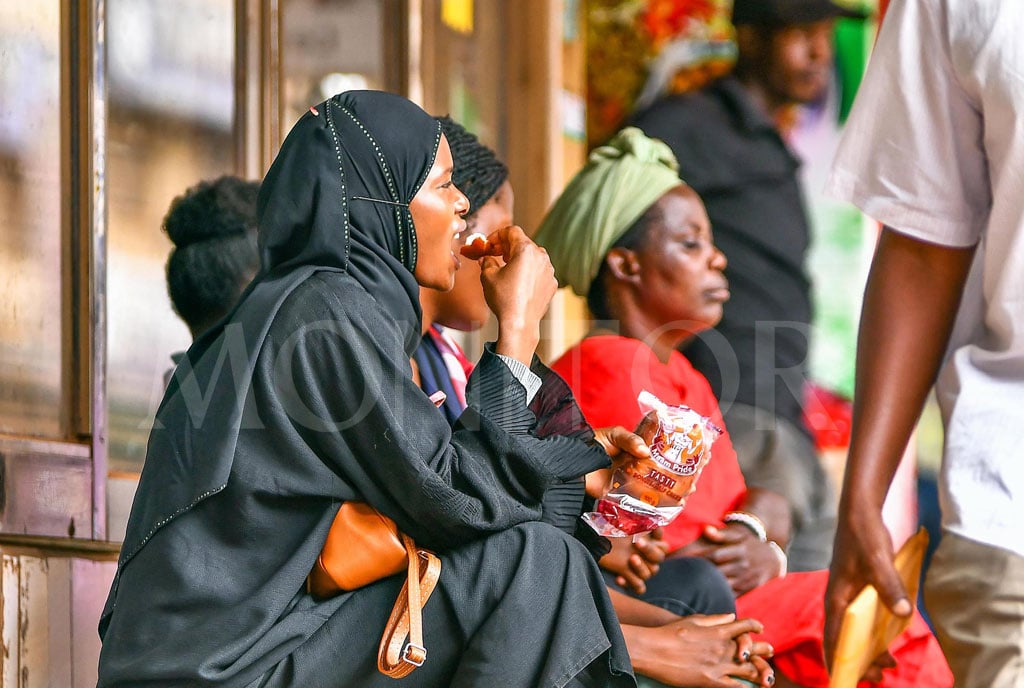One day, South Africans will get what they want: A real failed state

Author: Asuman Bisiika. PHOTO/FILE
What you need to know:
- Mr Asuman Bisiika says: How would the state in Uganda handle a situation with the intensity of the looting and vandalism now taking place in South Africa?
As a former torture victim, I abhor torture in all its manifestations. So, when photos of tortured suspects in the case of Gen Katumba Wamala’s attempted assassination were outed, I was scandalised.
I am an ex-officio member of a WhatsApp kafunda of reflective NRM cadres. When the general thrust of comments in the kafunda expressed some kind of support for the torture visited on the Gen Katumba case suspects, I protested. In fact I am going to ask Gen Katumba to denounce the torture to which suspects in ‘his case’ were subjected. End of rant.
**************
Whereas I am very clear with the evil of torture, I must confess I have not brought myself to make a clear position on the matter of regime change via public protests. Public protests are wont to regress into violent confrontation with the state’s instruments of coercion leading to loss of lives. And worse: the protests almost always turn into some kind of criminal enterprise manifesting in looting and vandalism.
The outrage manifesting in South Africa offers the academic types an opportunity to review the African state in the contemporary times. I would like us to avoid being detained by the merits and demerits of the protests in South Africa.
I would not approve of a custodial sentence for an elderly former head of state. But I would like us to interest ourselves in the manner the government of South Africa has responded to the people expressing their discontent with a court judgment and sentence.
The protests clearly verge on acts of war (challenging the integrity of the state). Why then should (or did) the South African government take that long to respond to acts of people that were clearly undermining the integrity of the state?
The altitude and latitude of the state is as wide and deep as its economy. So, protests or demos that harm (or even threaten to) the economy by wanton looting and vandalism represent a threat to state security. The question then arises: How should the state balance its duty to facilitate the people’s enjoyment of freedoms to protest and the protection of the sanctity of the state? How should the state respond to such actions that are likely to negatively impact the economy in the circumstances obtaining in South Africa?
Uganda has had its own situations like that obtaining in South Africa. From the Twagala Lule, Oba Tuffa Tuffe of 1979 to the last November incidents, the state has always responded in a manner that has attracted disapproval from certain quarters.
The explanation or justification for what is seen by many as the state’s disproportionate response is that giving any quarter to the protesters could easily lead to state failure and consequent collapse.
So, the academic inquiry is: what offers the best state strength projection? South Africa practices the ISS (Institutional State Strength) model that follows the rules to the letter and allows protests (but risk a well-intentioned protest to degenerate into an assault on the economy). And Uganda practices the SSS (Strongman State Strength) model where the government uses deterrence measures (like subtly criminalising protests and even shooting protesters).
How would the state in Uganda handle a situation with the intensity of the looting and vandalism now taking place in South Africa? How much blame do we apportion to the protesters (actually looters and vandals) shaming their country? And how much blame do we assign to the government?
Bishop Desmond Tutu once said: “One day, we shall pray for the electoral loss of the ANC.” And I say, one day, South Africans will get what they want: A failed state.




